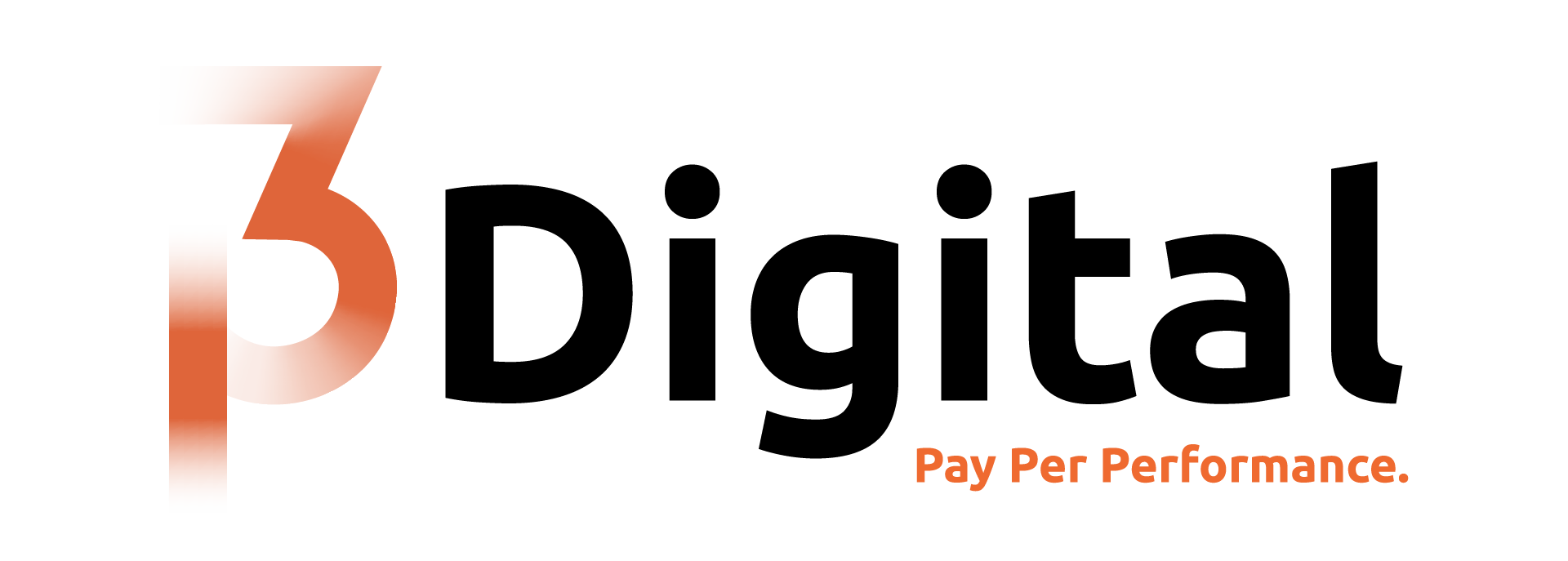1. Introduction
In the competitive world of online retail, staying ahead requires more than just a great product. Search Engine Optimisation (SEO) is the key to ensuring your eCommerce store stands out in search results, attracts the right audience, and converts visitors into loyal customers. This guide provides actionable strategies to enhance your online store's SEO in 2025, focusing on the unique aspects of the Australian market.
If you would like help with your ecommerce store you can view our ecommerce service here.
3. Key Takeaways
Understand the fundamentals of eCommerce SEO and its importance in 2025.
Implement effective keyword research tailored to Australian consumers.
Optimise product pages and site architecture for better user experience and search rankings.
Leverage technical SEO best practices to ensure your site is crawlable and indexable.
Utilise content marketing and link-building strategies to enhance authority and drive traffic.
4. Summary Table
Section | Key Points |
Keyword Research | Focus on transactional and long-tail keywords relevant to Australian users |
On-Page SEO | Optimise titles, meta descriptions, and product content |
Technical SEO | Ensure mobile-friendliness, fast loading times, and secure connections |
Content Strategy | Create valuable content targeting buyer personas and search intent |
Link Building | Acquire high-quality backlinks from reputable Australian sources |
5. Article
Understanding eCommerce SEO in 2025
eCommerce SEO involves optimising your online store to rank higher in search engine results, thereby increasing visibility and driving more organic traffic. In 2025, with the rise of AI-driven search and changing consumer behaviours, it's crucial to adapt your SEO strategies accordingly.
Keyword Research: Targeting the Right Audience
Effective keyword research is the foundation of successful SEO. Focus on:
Transactional Keywords: Terms indicating purchase intent, such as "buy," "discount," or specific product names.
Long-Tail Keywords: More specific phrases that may have lower search volume but higher conversion rates.
Local Keywords: Incorporate location-based terms to attract nearby customers.
On-Page SEO: Enhancing Product Pages
Optimise each product page by:
Title Tags and Meta Descriptions: Include primary keywords and compelling calls to action.
Product Descriptions: Write unique, detailed descriptions highlighting benefits and features.
Image Optimisation: Use high-quality images with descriptive alt text.
Technical SEO: Building a Solid Foundation
Ensure your website is technically sound by:
Mobile Optimisation: With a significant portion of traffic coming from mobile devices, responsive design is essential.
Site Speed: Optimise images and leverage caching to improve load times.
Secure Connections: Implement HTTPS to protect user data and boost rankings.
Content Strategy: Engaging and Informative
Develop a content plan that includes:
Blog Posts: Address common customer questions and provide valuable insights.
Guides and Tutorials: Help users understand how to use your products effectively.
User-Generated Content: Encourage reviews and testimonials to build trust.
Link Building: Establishing Authority
Acquire backlinks by:
Guest Posting: Contribute articles to reputable Australian blogs and publications.
Partnerships: Collaborate with local influencers and businesses.
Content Promotion: Share your content across social media and industry forums.
6. FAQs
Q1: Why is eCommerce SEO important in 2025?
A1: With increasing online competition, SEO helps your store appear in search results, attract targeted traffic, and increase sales.
Q2: How often should I update my SEO strategy?
A2: Regularly review and adjust your strategy to align with search engine algorithm updates and market trends.
Q3: Can I do SEO myself, or should I hire a professional?
A3: While basic SEO can be managed in-house, hiring a professional can provide advanced strategies and save time.
Q4: How long does it take to see results from SEO?
A4: SEO is a long-term strategy; noticeable improvements typically occur within 3 to 6 months.
Q5: What tools can help with e-commerce SEO?
A5: Tools like Google Analytics, SEMrush, and Ahrefs can assist with keyword research, site audits, and performance tracking.
7. References
BlueTuskr: The Ultimate Guide to E-commerce SEO (Updated 2024)
NitroPack: 2024 eCommerce SEO Checklist to Boost Your Online Sales
Shopify: The Industry-Leading Ecommerce SEO Guide (2025)



